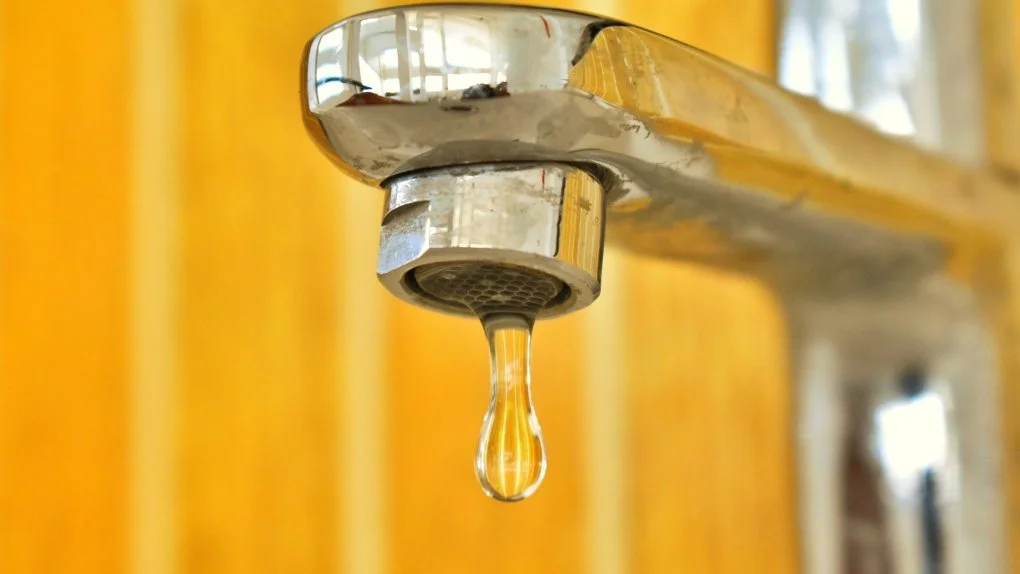The level of lithium in a pregnant woman’s household’s tap water may correlate to a higher chance of their infant being diagnosed with autism, according to a new study looking at how this environmental factor may impact the prevalence of the neurological difference. The study, published Monday in the peer-reviewed journal JAMA Pediatrics, looked at lithium levels in Denmark's tap water and compared it to the health records of more than 50,000 children.
Denmark says damage to Nord Stream pipeline in Baltic Sea was 'deliberate'
Sections of the pipelines lie at a depth of around 80-110 metres. The escaped natural gas is almost entirely methane, which partially dissolves in water and is not toxic. The deeper the gas is released in the sea, the higher the proportion that dissolves in the water. Methane is the second biggest contributor to climate change after carbon dioxide. David Hastings, a retired chemical oceanographer in Gainesville, Fla., says much of the gas would rise through the ocean and enter the atmosphere. "There is no question that the largest environmental impact of this is to the climate, because methane is a really potent greenhouse gas," he said.
Danes start digging up minks to prevent water pollution
Denmark has begun excavating the decomposing bodies of some 4 million mink, for fear they will pollute drinking water or a bathing lake. In November, Denmark culled all of its minks out of fears the animals could re-transmit the coronavirus to humans after a mutated form of the virus was found on mink farms. There were concerns that the mutated variant could threaten the effectiveness of future vaccines. More than 17 million animals were culled, devastating Denmark's fur industry -- the largest in the EU.




